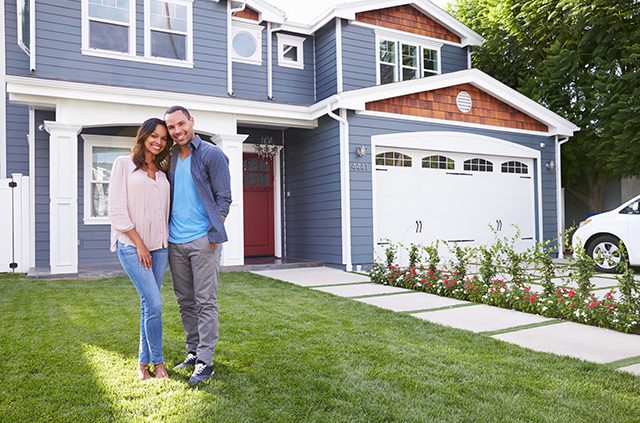Introduction
By Art in Aging
Buying a home at any age can be a daunting experience, but when you’re over 50, there are some unique challenges and considerations that you may need to take into account. Whether you’re downsizing from a larger property, moving to a new city, or purchasing a vacation home, here are some tips to help you navigate the home buying process.
Tips for Buying a Home
- Determine your budget: Before you start looking at homes, it’s important to figure out your budget. Consider all of your current and future expenses, including retirement savings, healthcare costs, and any other ongoing expenses that may impact your ability to make mortgage payments. Don’t forget to factor in the costs of home maintenance and repairs, which can add up quickly.
- A good Dayton Ohio real estate agent can be a valuable resource when buying a home, especially if you’re not familiar with the local market. Look for an agent who has experience working with buyers in your age range and who can help you find properties that meet your specific needs and budget.
- Think about location: As you get older, your lifestyle and priorities may change, and the location of your home can play a significant role in your quality of life. Consider factors like proximity to healthcare facilities, accessibility to public transportation, and the availability of recreational activities that you enjoy.
- Consider downsizing: If you’re currently living in a larger home, downsizing can be an attractive option as you get older. Not only can a smaller home be more manageable to maintain, but it can also free up funds that you can use to boost your retirement savings or enjoy other experiences.
- Get a home inspection: No matter how well a property may seem, it’s always a good idea to get a professional home inspection before making an offer. A home inspection can help you identify any potential issues with the property that could impact its value or your ability to maintain it in the future.
- Think about your future needs: As you get older, your housing needs may change. Consider whether the home you’re considering will meet your needs as you age, such as whether it’s accessible for those with mobility issues or whether it has features like a first-floor master bedroom. Also, it’s a great idea to consider visiting some affordable destinations before you choose where to settle down.
- Consider financing options: If you’re purchasing a home after 50, you may have more options for financing than younger buyers. Consider working with a lender who has experience with home loans for older buyers and who can help you explore options like reverse mortgages or home equity loans.
Challenges of Buying a Home After 50
While buying a home at any age can be challenging, purchasing a property after the age of 50 can present some unique obstacles. Here are some of the most common challenges you may encounter when buying a home later in life:
- Limited income: One of the biggest challenges of buying a home after 50 is having limited income. Many people in this age group are either retired or approaching retirement, which means they may have less money to put towards a down payment or monthly mortgage payments. This can make it harder to find a home that fits within their budget.
- Limited time: Buying a home can be a time-consuming process, and older adults may have less time to dedicate to house hunting and other aspects of the home buying process. This can be especially true for those who are still working or caring for aging parents or grandchildren.
- Health issues: Older adults may also have health issues that can impact their ability to find and purchase a home. Mobility issues, for example, can make it difficult to tour homes or attend open houses, while cognitive decline can make it harder to understand complex legal and financial documents.
- Changing needs: As people age, their housing needs may change. For example, they may be looking to downsize to a smaller home, or they may need a home with features that accommodate physical limitations. Finding a home that meets these changing needs can be challenging, especially if they are moving to a new area.
- Access to financing: Finally, older adults may have more difficulty accessing financing for a new home. Lenders may be hesitant to provide loans to those who are retired or nearing retirement, and they may require higher down payments or stricter lending criteria.
Despite these challenges, there are ways to make the home buying process easier for older adults. Working with an experienced real estate agent, seeking out financing options specifically designed for older adults, and being open to different types of properties (such as condos or townhomes) can all help make the process smoother and more successful. By taking the time to carefully consider their needs, budget, and future plans, older adults can find the perfect home to enjoy their golden years.
Conclusion
Buying a home after 50 can be an exciting and fulfilling experience, but it’s important to approach the process with a clear understanding of your needs, budget, and priorities. By working with experienced professionals and taking the time to carefully consider your options, you can find the perfect home to enjoy your golden years.

